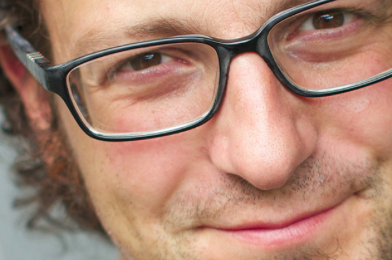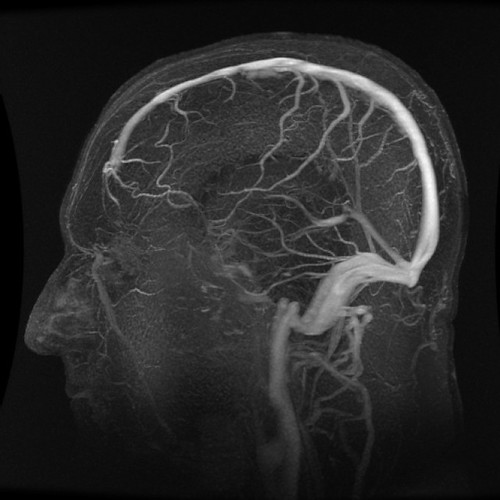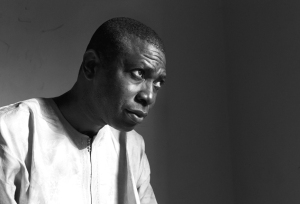another Wednesday audio delivery!
This is Soul School Lesson 73 (SSL 73)
Scroll down for the AUDIO PLAYER.
(feature photo is a Creative Common image by Elvin – Zilverbat called “Angry Young World”)

I could use your help!
Send out a Tweet from here and share the program.
Just click below:
[ictt-tweet-blockquote]Here’s an audio episode at Spark My Muse that I think you should check out right now![/ictt-tweet-blockquote]
I hope you enjoy the program today.
If you’d like to help me cover my expenses for the show, you can contribute using the PayPal button below.
Thank you, in advance, for your kindness.
Click HERE for a SHOW NOTES ACCESS PASS.
Today the show notes will give you details about today’s episode. PLUS, all past SHOW NOTES and show notes for May 2017.
(It’s just $1 -monthly- and you can cancel at any time)
AUDIO PLAYER:
Podcast: Play in new window | Download (Duration: 11:54 — 16.3MB) | Embed
Subscribe to Spark My Muse Apple Podcasts | Spotify | Email | TuneIn | RSS | Subscribe to Spark My Muse
If you like the show, please help in TWO WAYS:
1. share it with one other person TODAY.
Listen to recent episodes:
Pick an option that works best for you!

![How to Be Miserable in 3 Easy Steps [SSL73]](https://lisadelay.com/blog/wp-content/uploads/2017/05/ElvinAilverbatAngryYoungWorld.jpg)








